Open Researcher and Contributor ID or ORCID is a community effort to standardize researcher identification. The initiative was first announced last December, and is supported by a growing number of publishers, scholarly societies and academic institutions. Thomson Reuters is not only one of the founding members of the initiative, but will also provide the ResearcherID technology as a starting point for building the ORCID platform.
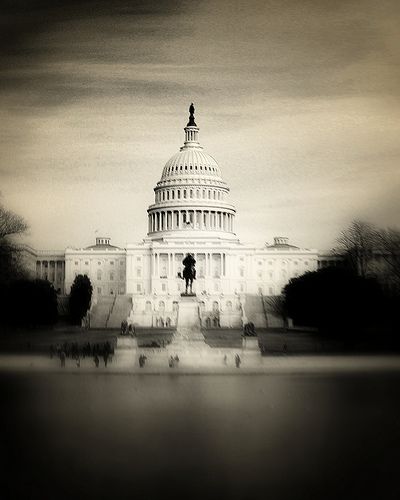
Assuming our airports are again open next weekend, I will be attending a meeting organized by the NSF (National Science Foundation) and EuroHORCS (European Heads of Research Councils) on Changing the Conduct of Science in the Information Age in Washington on April 26. We have been asked to submit a one page white paper in advance of the meeting.1 I decided to focus on the importance of standards, obviously leaving out many other important
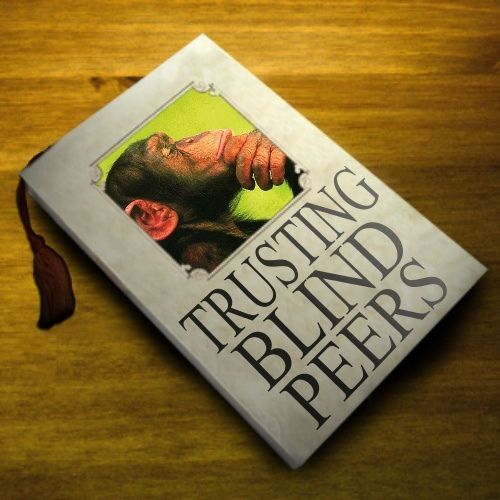
Peer review is central to how we evaluate science and therefore how journal papers, grants, and jobs are awarded. Peer review is done in many different ways, and has dramatically changed in the last 25 years. But the purpose of peer review is still to improve the quality of research by providing feedback and to evaluate the quality of research. The evaluation serves as a filter both for limited resources (e.g. grants or jobs;
Last Wednesday I attended the Health Care Social Media Camp in Berlin. Healthcare Social Media in Europe – #hcsmeu for short – is a community of healthcare twitterers and social media users from Europe, started in August 2009 by Silja Chouquet and Andrew Spong.
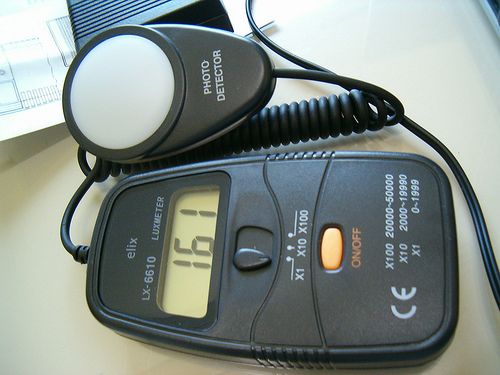
In the March 25 edition of Nature , Julia Lane, Program Director of the Science of Science and Innovation Policy Program at the National Science Foundation, wrote an interesting opinion piece about the assessment of scientific performance. She argues that the current systems of measurement are inadequate, as they have several inherent problems and do not capture the full spectrum of scientific activities.
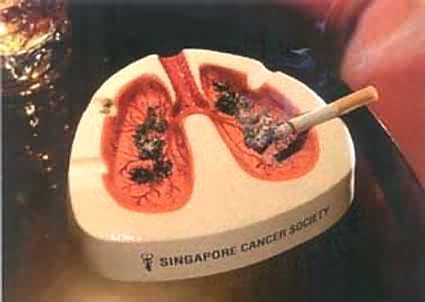
Last Tuesday the Archives of Internal Medicine released a study that analyzed the news reporting about cancer in 8 large-readership newspapers and 5 national magazines in the United States. The authors identified 2228 cancer-focused articles published between 2005-2007 and did a more detailed analysis on a random sample of 436 (20%) articles.
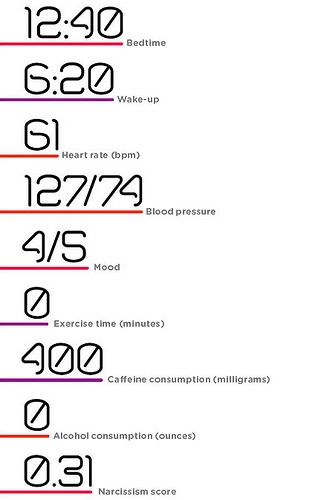
Last month (shortly after ScienceOnline2010) David Crotty wrote in a blog post Science and Web 2.0: Talking About Science vs. Doing Science: The blog post is required reading for everybody interested in science and Web 2.0 and has attracted a lot of thoughtful comments (on the blog and on FriendFeed). In another discussion Thomas S ö derquist from the Medical Museion in Copenhagen reminded me that there
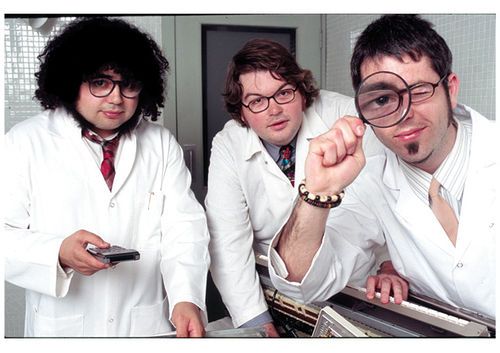
Last Monday I was listening to a very interesting presentation by Ian Rowlands, reader in scholarly communication in the Department of Information Studies at University College London.
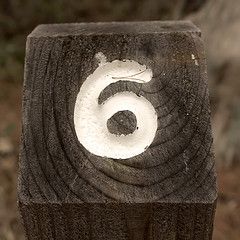
Last Tuesday the German Research Foundation (DFG) announced changes to the grant application process, going in effect in July. Researchers are no longer allowed to list all their publications in their grant proposals.
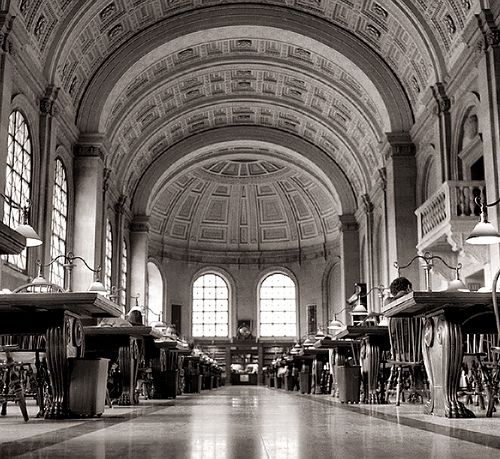
Last week Lambert Heller and myself did a two-day workshop Reference Management in Times of Web 2.0 for a group of German librarians. We introduced and tested the following five programs: * RefWorks * Zotero * CiteULike * Mendeley * Endnote The goal of the workshop was to introduce the participants to the Web 2.0 aspects of these reference managers.
Microblogging is blogging of short text messages, photos or other media and is best exemplified by Twitter. Twitter use has grown tremendously in 2009, and this also includes many scientists.1 FriendFeed is a another microblogging tool that not only allows sending of short text messages, but connects them together in groups and discussions threads similar to what you can do in online forums.